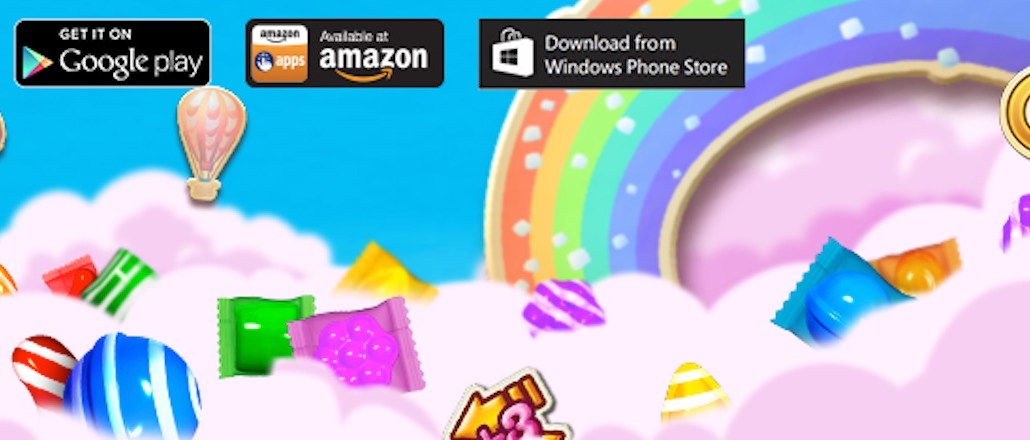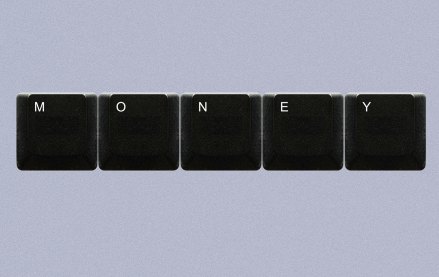
Now that Facebook has finally created a “dislike button,” it’s moving on to more pressing issues.
Like Candy Crush Saga invitations. The ubiquitous notifications from your Aunt Joan have long been a problem on the social network, constantly bothering users with the allure of a real piece of news hiding behind that tiny red notification flag and, instead, turning out to be that.
Speaking in India, where Facebook CEO Mark Zuckerberg is promoting his ambitious plans to wire the world with high speed internet, a developer asked him this: “I don’t want any more notifications to Candy Crush. How can I stop it?”
Laughing, Zuckerberg said that this has been a problem he hoped his team would have already had a solution for the flood of gaming invitations. He said the notification spam can be blamed on “outdated” tools that lets people send invitations to people who already declined the invites in the past. This needs to be eliminated.
“We hadn’t prioritized shutting that down because we just had other priorities but if this is the top thing that people care about then we’ll prioritize that and we’ll do it,” he said. “So we’re doing it.”
He didn’t elaborate further. The solution, when it does come out, applies to all games that use the platform and flood people’s notifications. That means you’re not safe either, FarmVille.
King Digital, the Candy Crush developer, told Digiday that it “currently have a comment on this.” It could be a major blow to the Irish-based company, which has made a whopping $3 billion off of Candy Crush in just three years, but there’s no price on sanity.
More in Media

From sidelines to spotlight: Esports events are putting creators center stage
Esports events’ embrace of content creators reflects advertisers’ changing priorities across both gaming and the wider culture. In the past, marketers viewed esports as one of the best ways to reach gamers. In 2025, brands are instead prioritizing creators in their outreach to audiences across demographics and interest areas, including gaming.

Condé Nast and Hearst strike Amazon AI licensing deals for Rufus
Condé Nast and Hearst have joined the New York Times in signing a licensing deal with Amazon for its AI-powered shopping assistant Rufus.

Media Briefing: AI payouts may be entering a new era
AI compensation is evolving — and new models, not just publisher demands, are driving the shift beyond flat-fee licensing.





